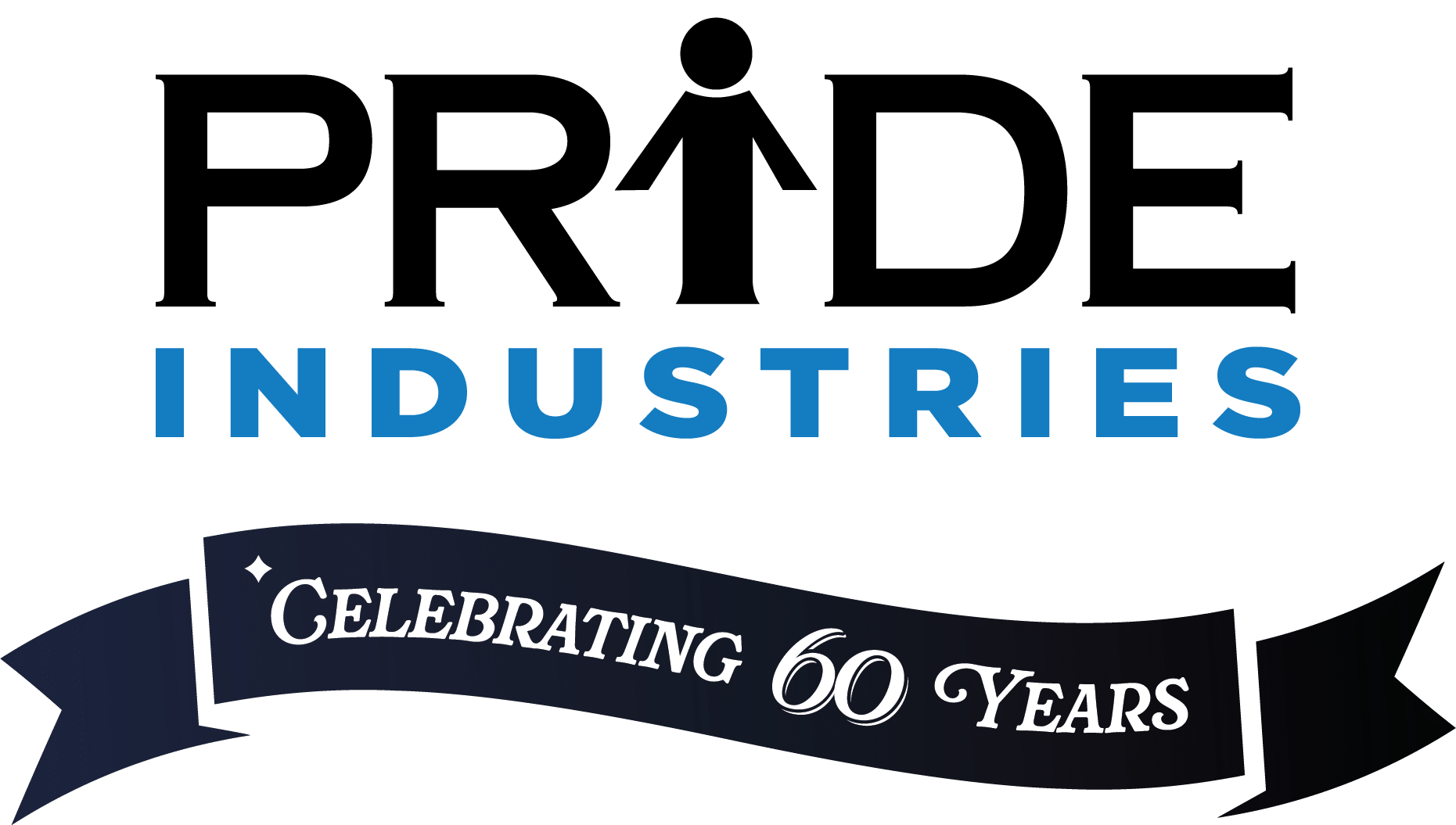Supply Chain is now a household name
Last year, as grocery store and retail shelves went empty, “supply chain” became a household name. In 2022, this new level of visibility will influence the way supply chain and logistics managers approach their jobs. We’ve looked to the experts and, from their wealth of knowledge, compiled our picks—trends to look for in the coming year.
Trend #1: Recruiting will become more strategic.
A simple job posting isn’t enough to attract qualified candidates anymore. To find outstanding talent, hiring teams must be innovative.
- Consider forging relationships with supply chain organizations, like APICS or CSCMP.
- Why not partner with colleges that feature supply-chain-related degree programs?
- Or how about advertising on a niche job board like supplychaincareers.com?
- Start weighing the benefits of transferrable skills.
- Create internships and make them available through local colleges and job centers.
- Be forward thinking when it comes to recruiting qualified talent. This means reviewing your plans for targeted hiring, compensation planning, and retention strategies.
Trend #2: Supply chain agility will be an advantage.
To satisfy customer expectations and remain competitive, an agile supply chain will enable you to quickly react to delays and changes. Steps to boost your agility include:
- A greater emphasis on risk management
- Increased end-to-end visibility
- Physical changes to the supply-chain footprint
- Diversifying inventory storage
- Automation of order processing and shipping
- Data-driven decision making
Trend #3: ESG and sustainability practices will be imperative.
Since the early 2000s, stakeholders and consumers have looked to companies that proactively address environmental and social concerns. The pandemic accelerated this trend, moving sustainability from “good to do” to “imperative.” In 2022, this will include an increased emphasis on supply chain transparency, including:
- How was a product sourced, handled, shipped, and delivered?
- Were the manufacturing processes ethical?
- Did they impact the environment?
Sustainability is now essential in creating supply chain processes, and all enterprises will eventually need to create programs to address these concerns.
Trend #4: The use of artificial intelligence (AI) and Internet of Things (IoT) technologies will continue.
AI and IoT technologies are on the rise, with AI playing a growing role in IoT applications and deployments. Able to perform tasks previously done only by human hands, these technologies have been especially useful in addressing the global worker shortage of the last two years. Major providers now offer integrated AI capabilities, such as machine learning-based analytics. The value of AI in this context is its ability to quickly wring insights from data.
Trend #5: Reverse logistics will play a critical role.
As online sales increase, the need for a robust reverse logistics process is imperative. This service directly supports all circular economy initiatives. Besides enhancing sustainability, a solid reverse logistics strategy and reuse offering will improve customer loyalty. It will also reduce cost, retain revenue, and allow for growth opportunities and custom integrations.
As fallout from the pandemic continues, savvy supply chain leaders will continue to keep an eye on trends, adapting and innovating as they look toward the future.
